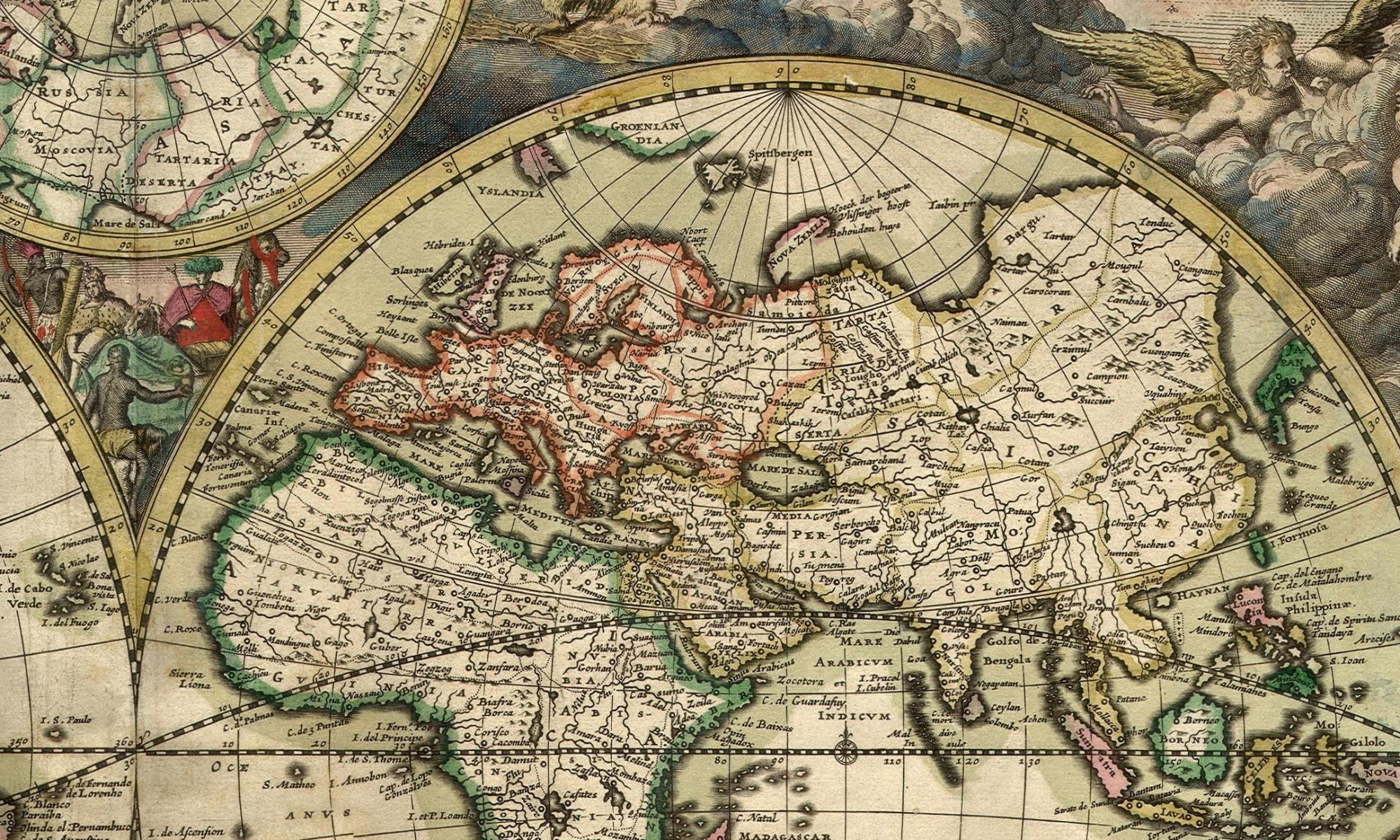Guest takeover with Dr Dan Weinbren
Friday 7 May marks the centenary of Asa Briggs’ birth. Prolific historian and active in numerous historical societies, many may be wondering who he was, what legacy he left behind, and the impact he made during his time as Chancellor of the OU between 1978–1994.
The OU honoured Briggs with a Fellowship in 1999 and his name was subsequently given to both a building on the Walton Hall campus and a Chair in History. Much of his focus was on the Victorian period but he also wrote a five-volume history of UK broadcasting, which covers the relationship between the BBC and the OU.
While a Cambridge undergraduate, he also attended the LSE, which was evacuated there and was awarded two degrees in 1941. Wartime Bletchley Park codebreaking was followed by academic appointments in Oxford and Leeds and a Chair at the University of Sussex.
In 1964, Labour government Minister Jennie Lee established and chaired an Advisory Committee which developed an idea of the PM’s and produced a 1966 White Paper for a new ‘University of the Air’. Briggs sat on the Planning Committee during 1967–69 for what was to become The Open University and chaired its working group on students and the curriculum.
To develop the accessible, interdisciplinary curriculum that he desired, Briggs drew on a sophisticated historical understanding of the OU’s role. He also built on his work on the University Grants Committee and his years as a contributor to the BBC’s liberal education series. After the Planning Committee was wound up Briggs continued to contribute to the OU. For the Arts Foundation Course, he presented a television programme, ‘Leeds: A Study in Civic Pride’. Those new to studying and with only one opportunity to watch the programme (this was before access to video playback machines was commonplace) could see an expert use film and music to place everyday lives within broader regional, national and international perspectives.
As an academic, Briggs provided a sense of why history is important, relevant and can be created by ordinary learners everywhere. As OU Chancellor, he made support for learning central and provided learners with opportunities to construct their own understandings, and to be producers of knowledge as well as consumers of education.
Briggs employed his historical and pedagogic understandings and experiences and his heterogeneous networks to help shape and bolster teaching and support learners at the Open University. I am confident Briggs’ important legacy within the OU still lives on in the way we continue to champion the importance of cross-generational knowledge, and make our course materials as accessible as possible.
Written by Dr Dan Weinbren, Associate Lecturer and author of The Open University. A history.
